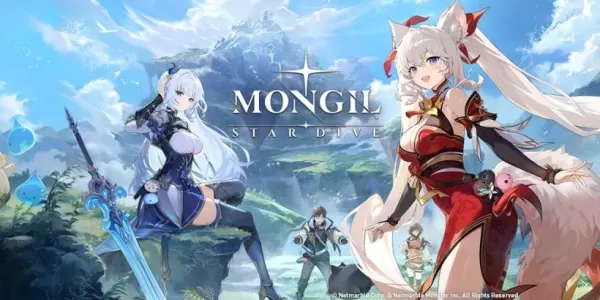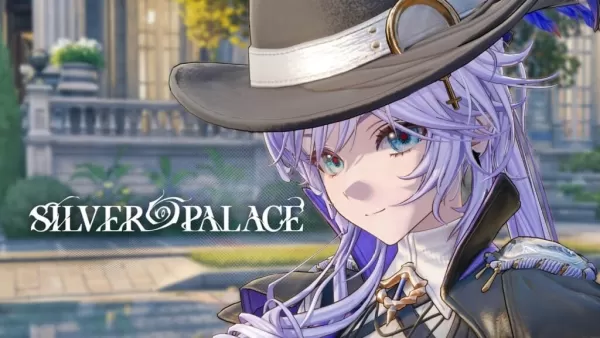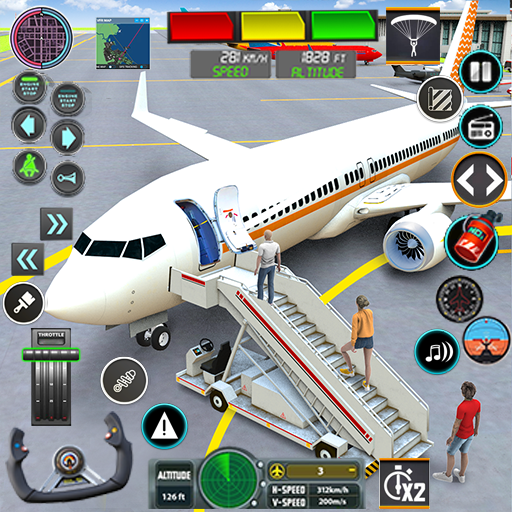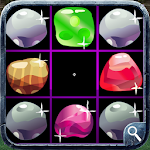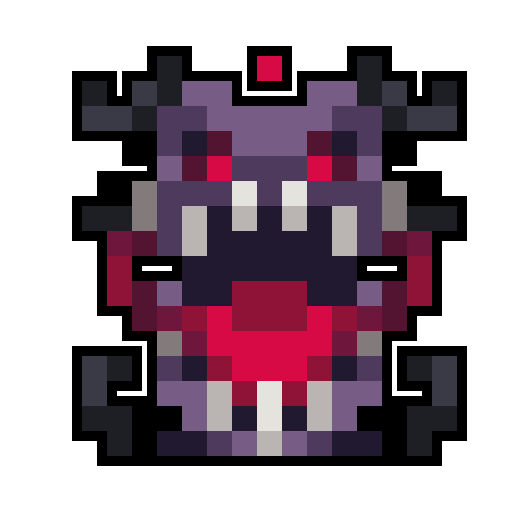A year after celebrating its 20th anniversary, Capcom's iconic Monster Hunter franchise makes a triumphant return in 2025 with Monster Hunter Wilds. This series has spanned multiple generations of consoles, evolving significantly with each release. The pinnacle of its success came with 2018's Monster Hunter World and 2021's Monster Hunter Rise, which not only became the best-selling games in the series but also Capcom's top-selling titles ever.
With Monster Hunter Wilds set to launch on February 28, it's the perfect time to reflect on the franchise's rich history. We've put together a chronological list of the 12 most significant Monster Hunter games, focusing on the core titles that have shaped the series. This list excludes mobile-only games, arcade exclusives, and discontinued MMOs like Monster Hunter Frontier and Monster Hunter Online, as well as the Japan-exclusive Monster Hunter Diary: Poka Poka Airou Village developed by FromSoftware.
Every IGN Monster Hunter Review
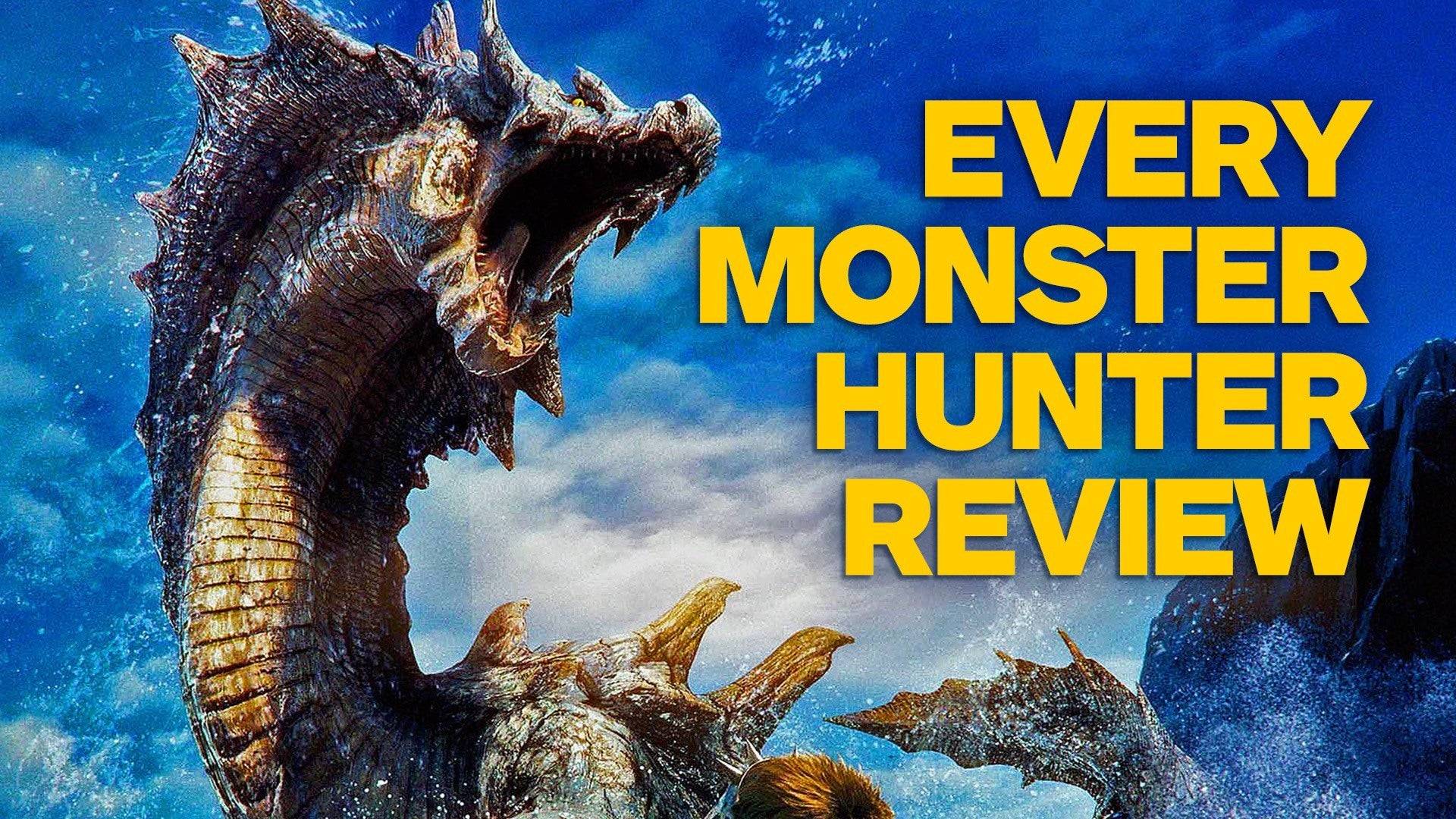
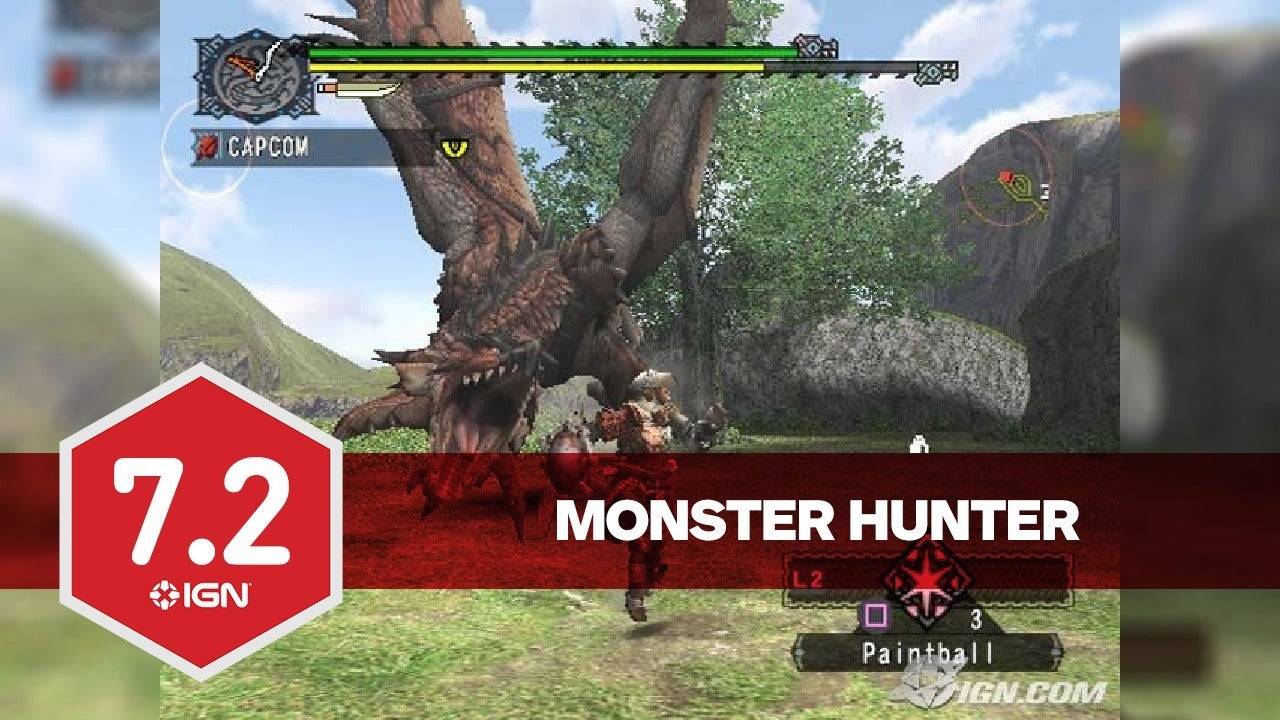 12 Images
12 Images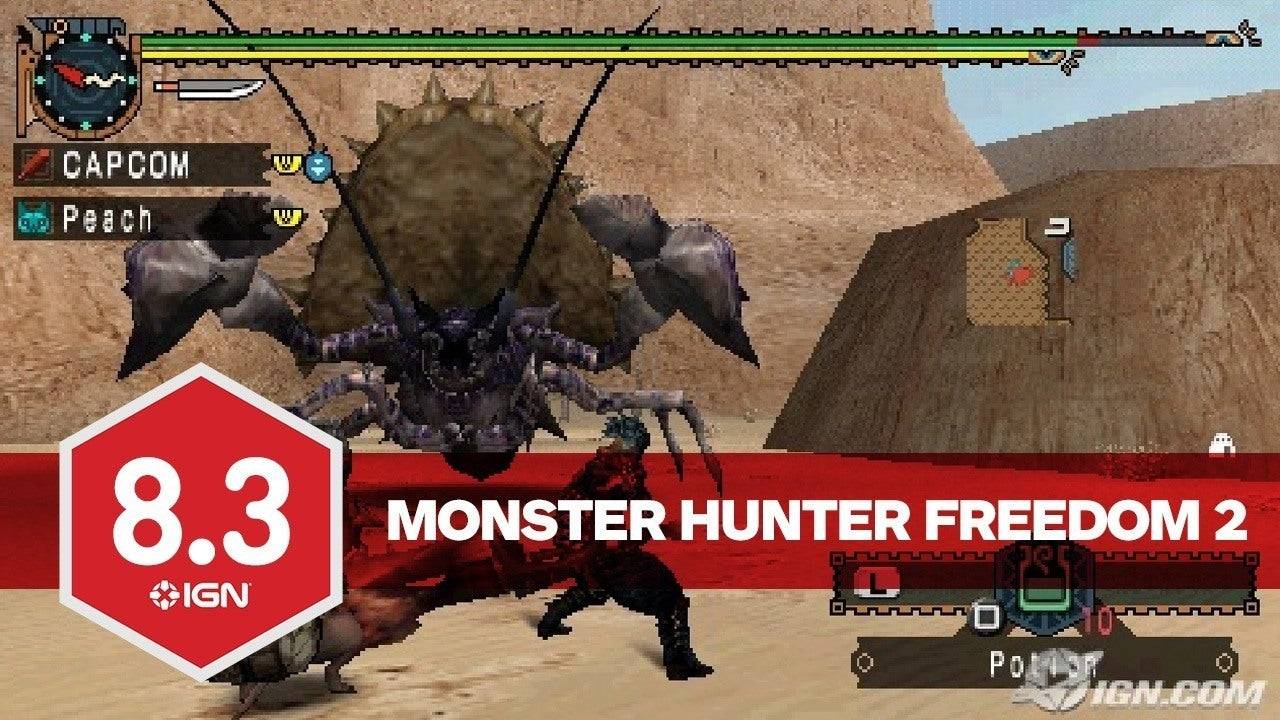
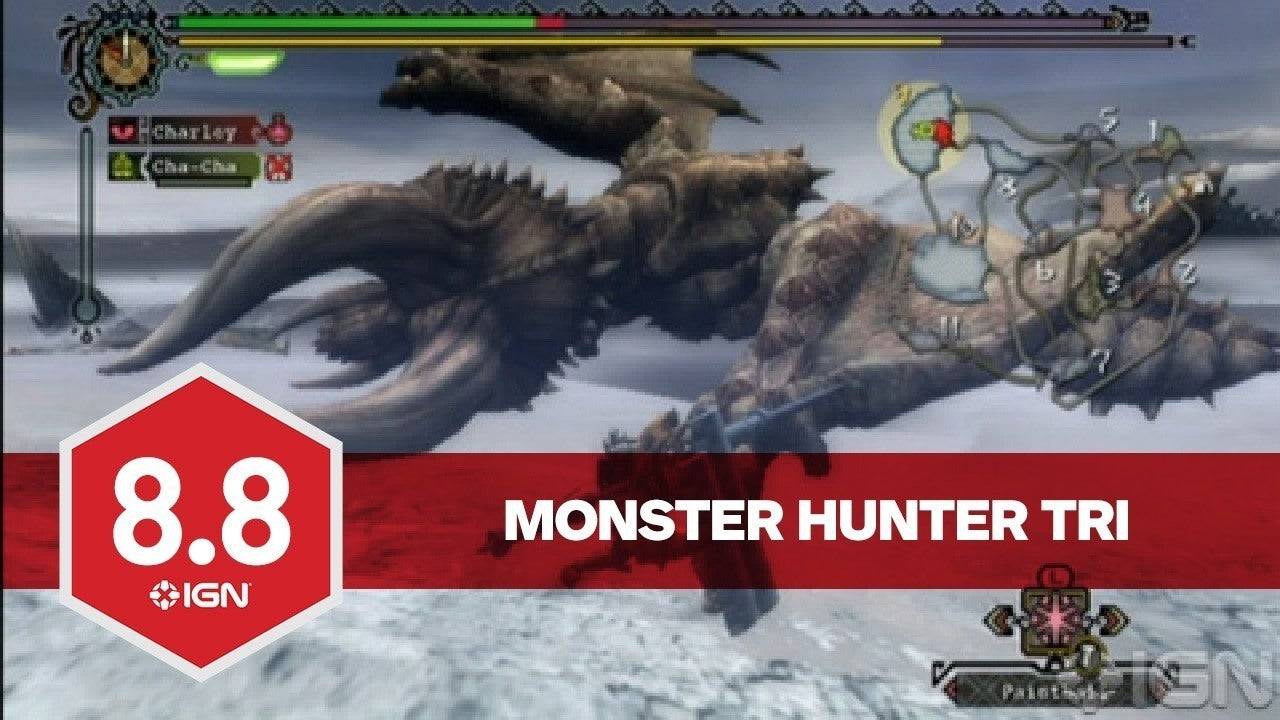

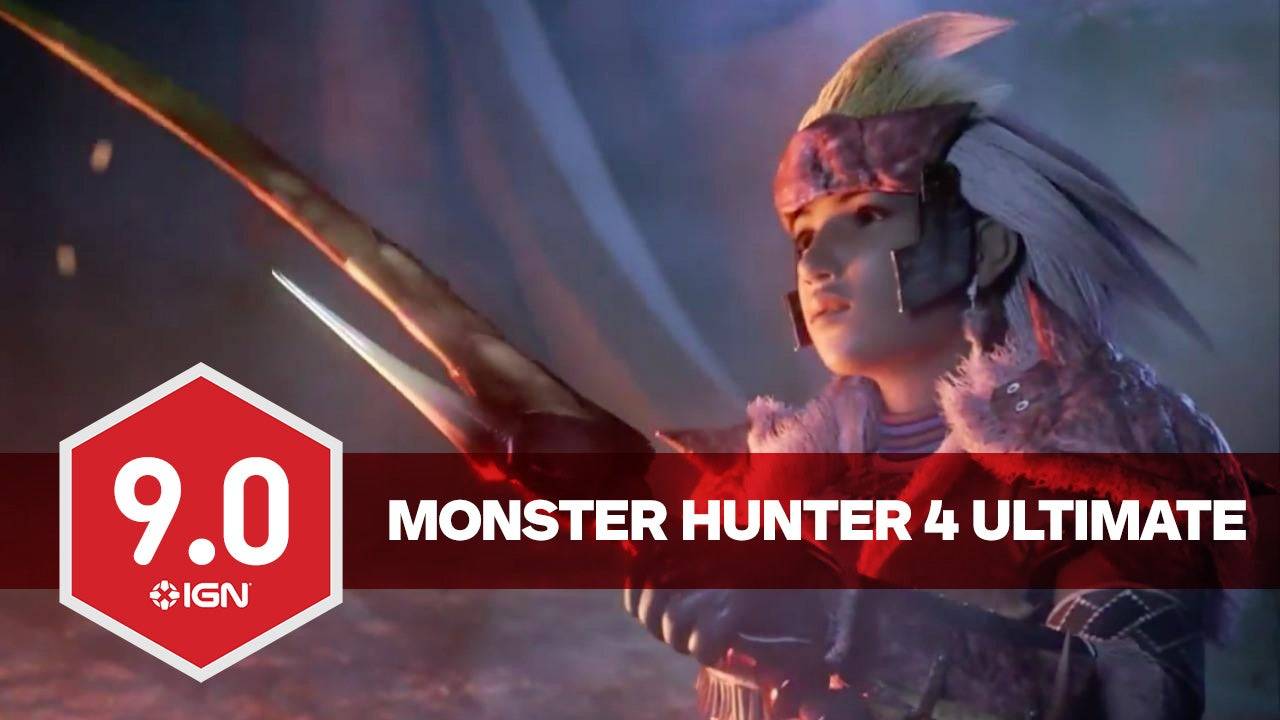
Which Monster Hunter Game Should You Play First?
The Monster Hunter series does not have a continuous storyline, allowing you to start with any game. If you're new to the series in 2025, you might want to consider waiting for the release of Monster Hunter Wilds on February 28 to see the community's reaction. If you're eager to dive in before then, both Monster Hunter World and Monster Hunter Rise are excellent choices. World is ideal for those who enjoy immersive exploration, while Rise caters to players who prefer fast-paced action and fluidity.
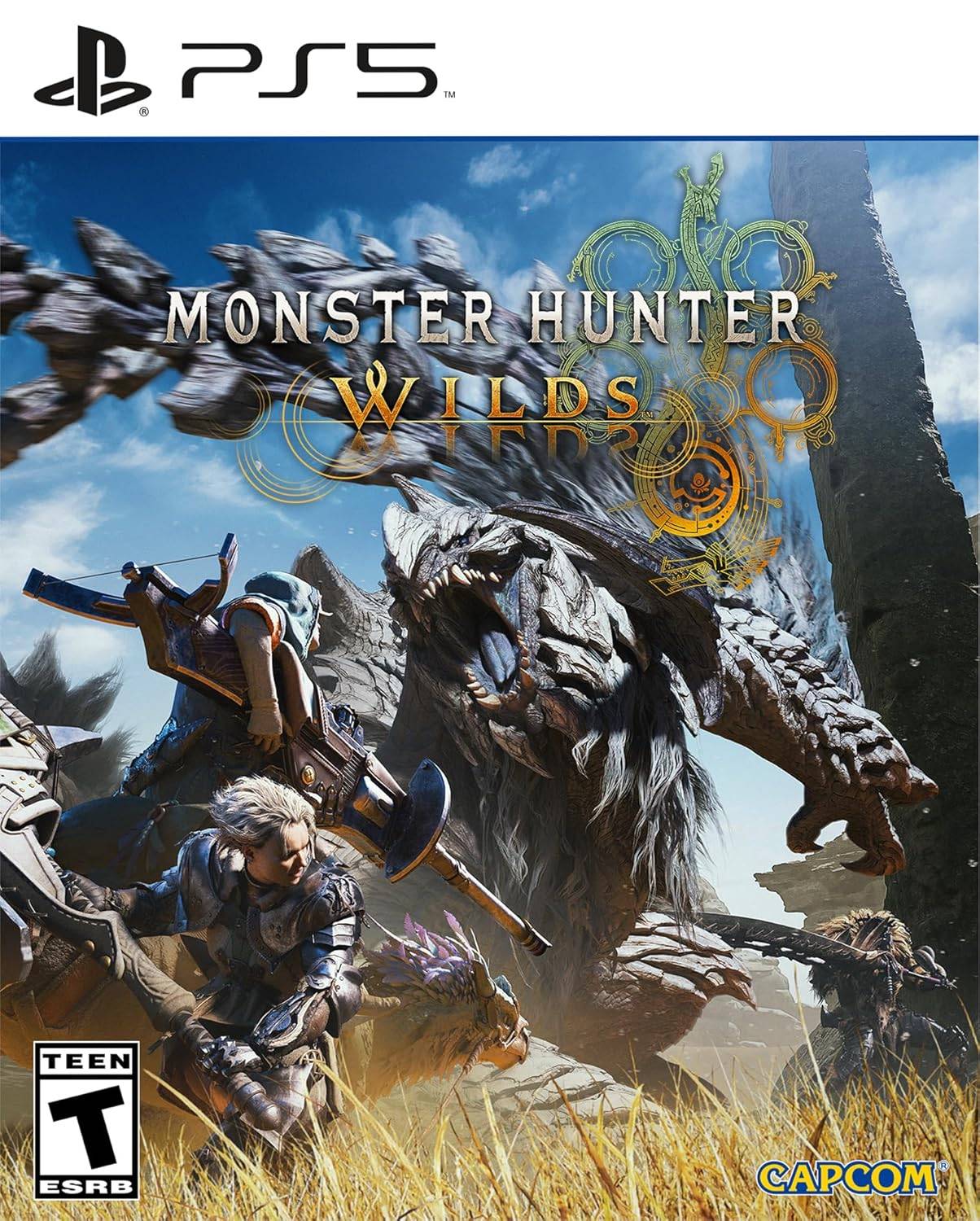 Out February 28
Out February 28
Monster Hunter Wilds - Standard Edition
2See it at Amazon
Every Monster Hunter Game in Release Order
Monster Hunter (2004)
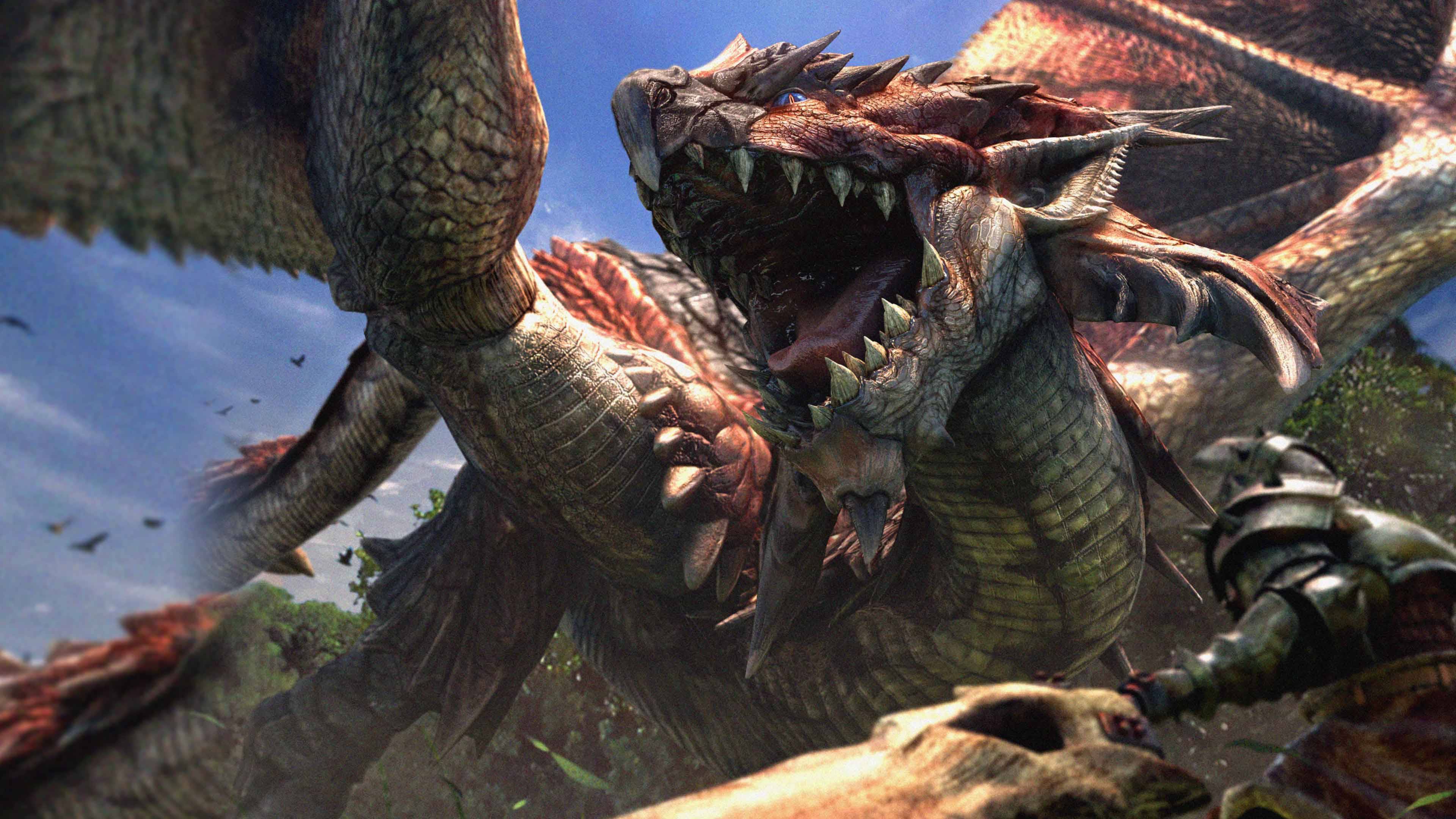
The inaugural Monster Hunter game laid the groundwork for the franchise, introducing core mechanics like hunting monsters and crafting gear from their remains. This game was part of Capcom's exploration into the PS2's online capabilities.
An expanded version, Monster Hunter G, was released the following year, exclusively in Japan.
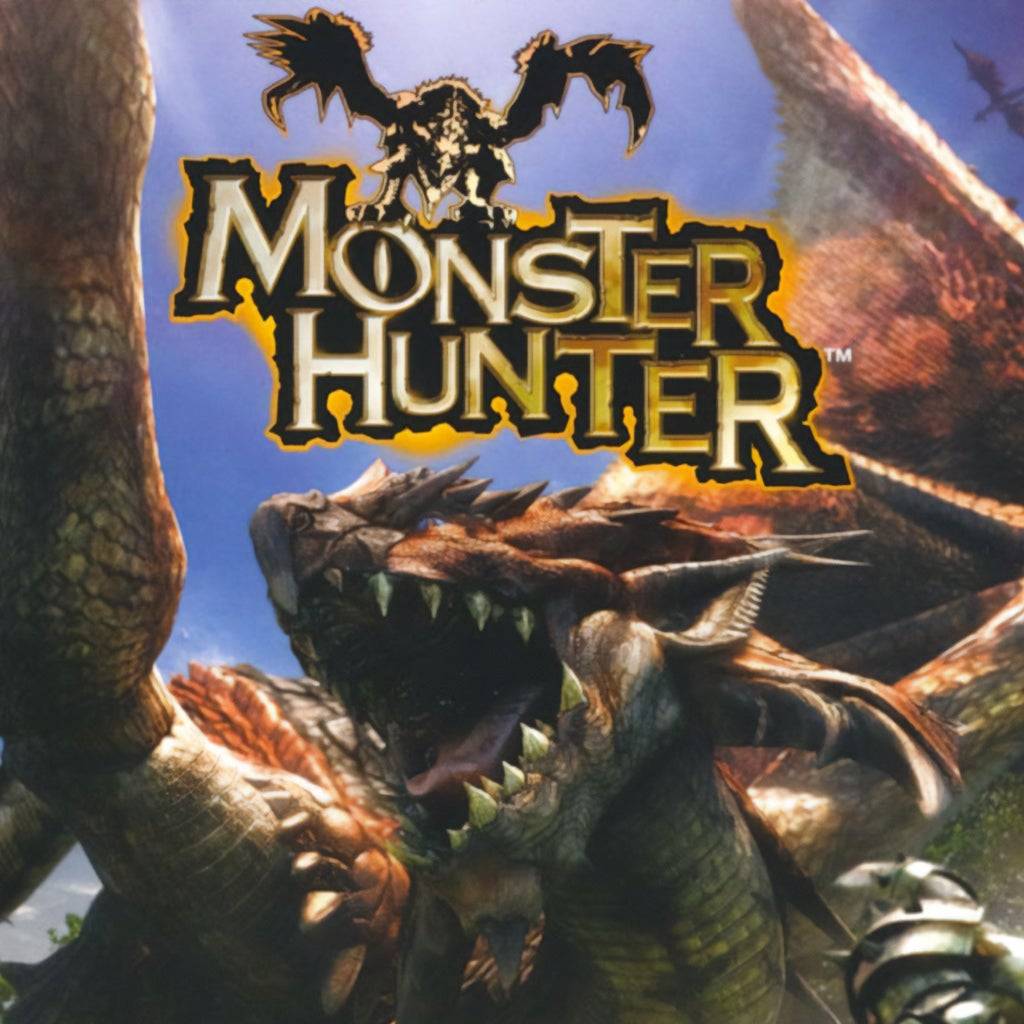
Monster Hunter
Capcom Production Studio 1
Monster Hunter Freedom (2005)
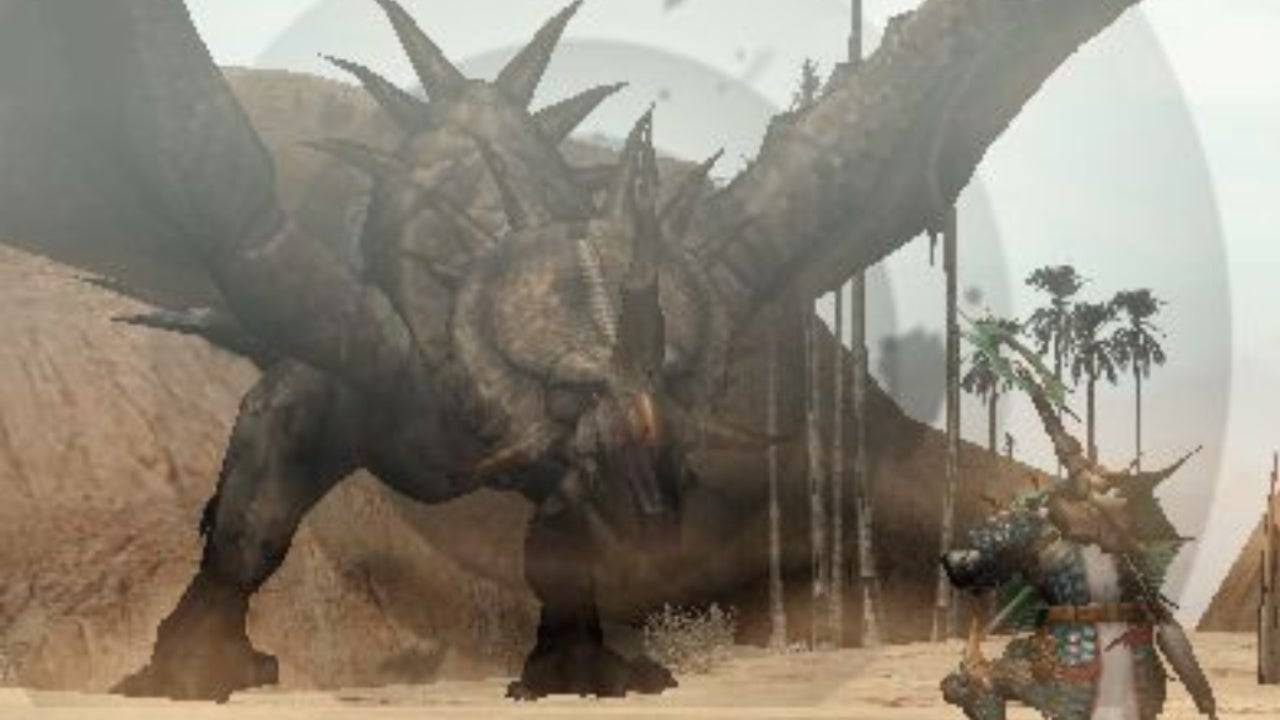
Monster Hunter Freedom marked the series' transition to portable consoles with an enhanced version of Monster Hunter G for the PSP. It sold over a million copies, setting a precedent for the series' success on handheld devices.
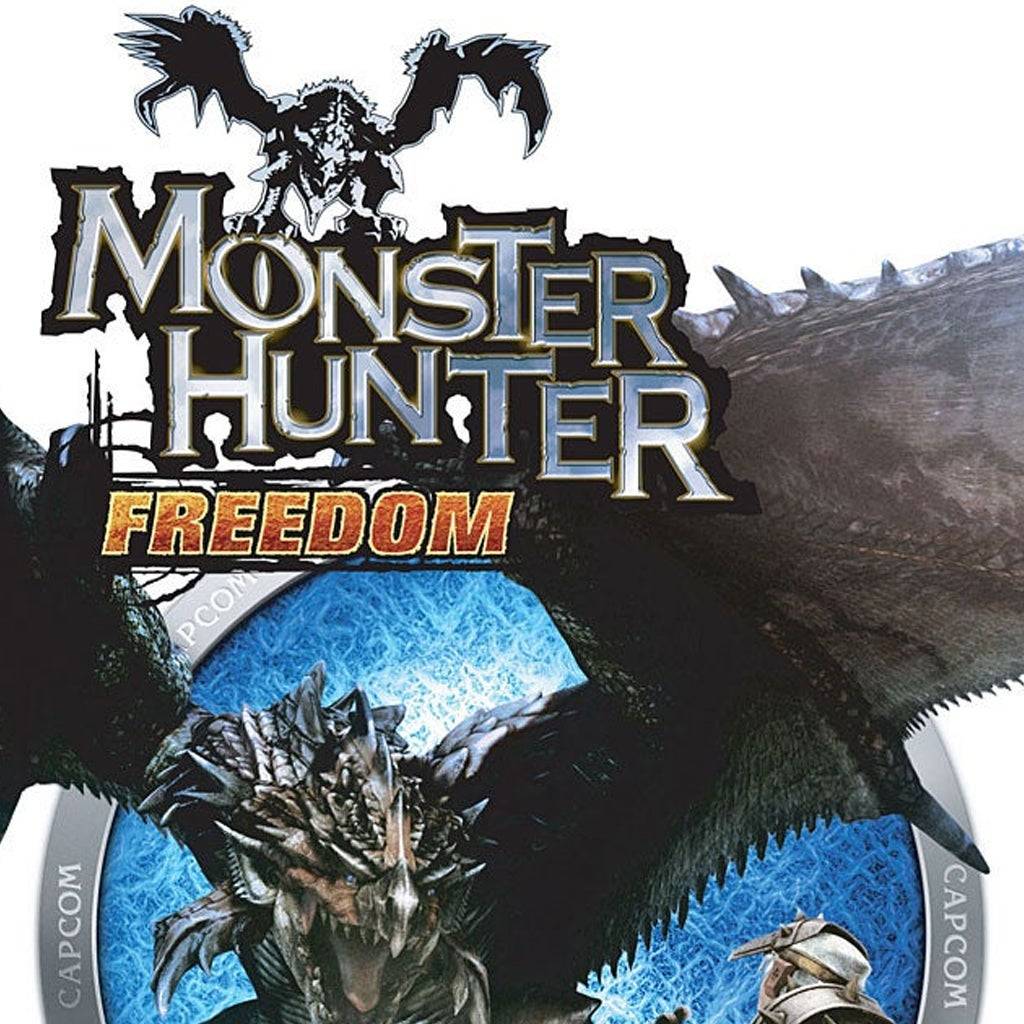
Monster Hunter Freedom
Capcom Production Studio 1
Monster Hunter 2 (2006)
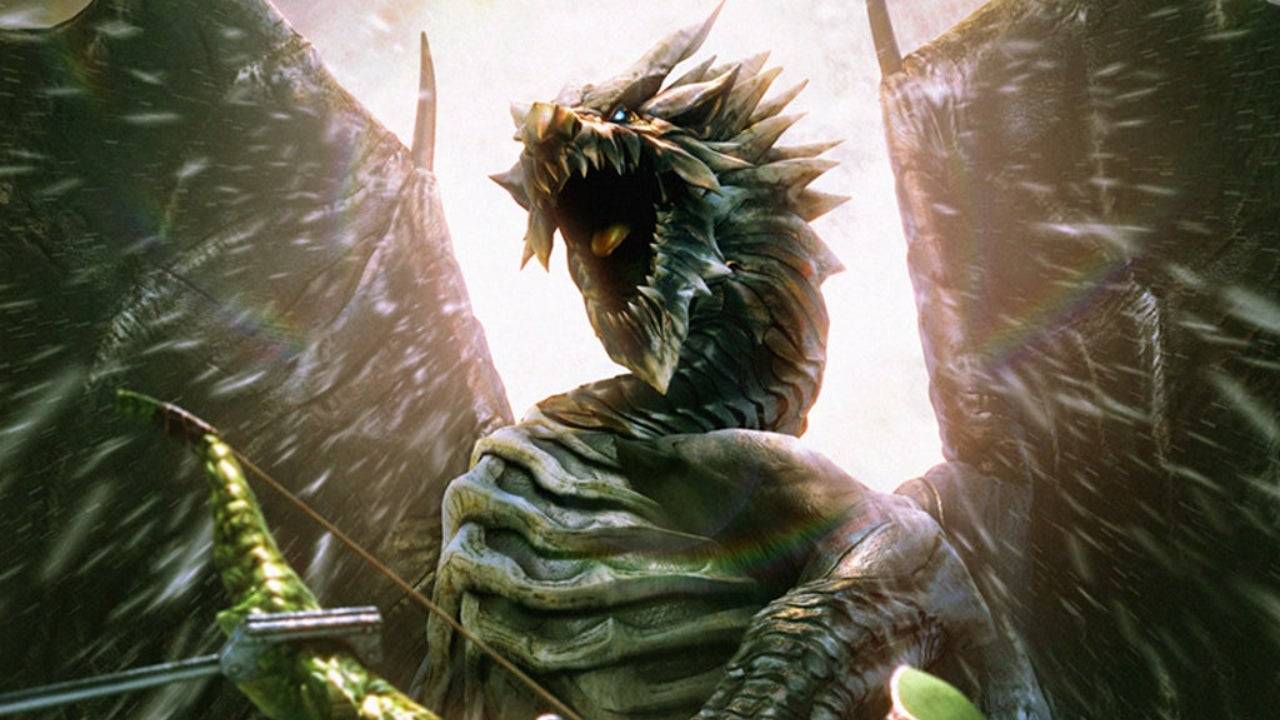
Returning to home consoles, Monster Hunter 2 (also known as Monster Hunter Dos) introduced new features like a day-night cycle and gems for enhanced customization, exclusively for the PS2 in Japan.
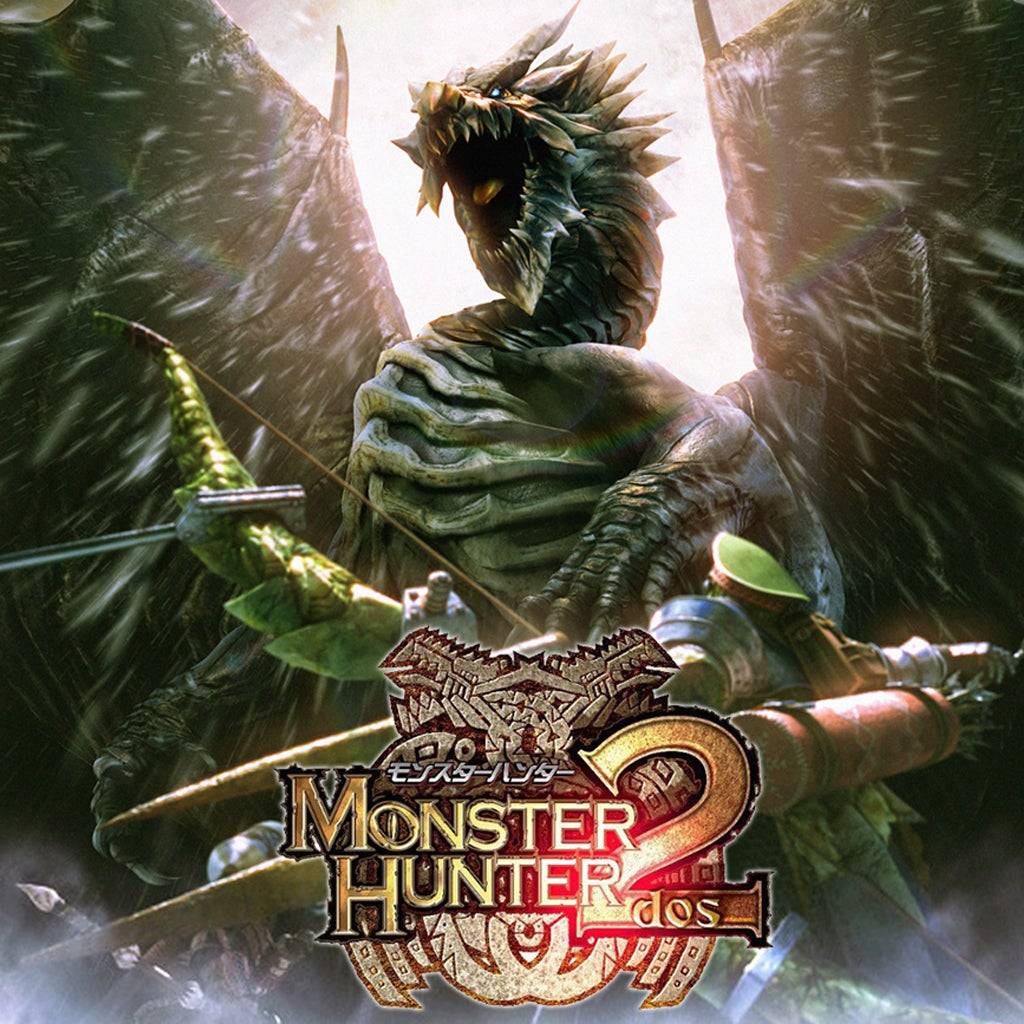
Monster Hunter 2
Capcom Production Studio 1
Monster Hunter Freedom 2 (2007)
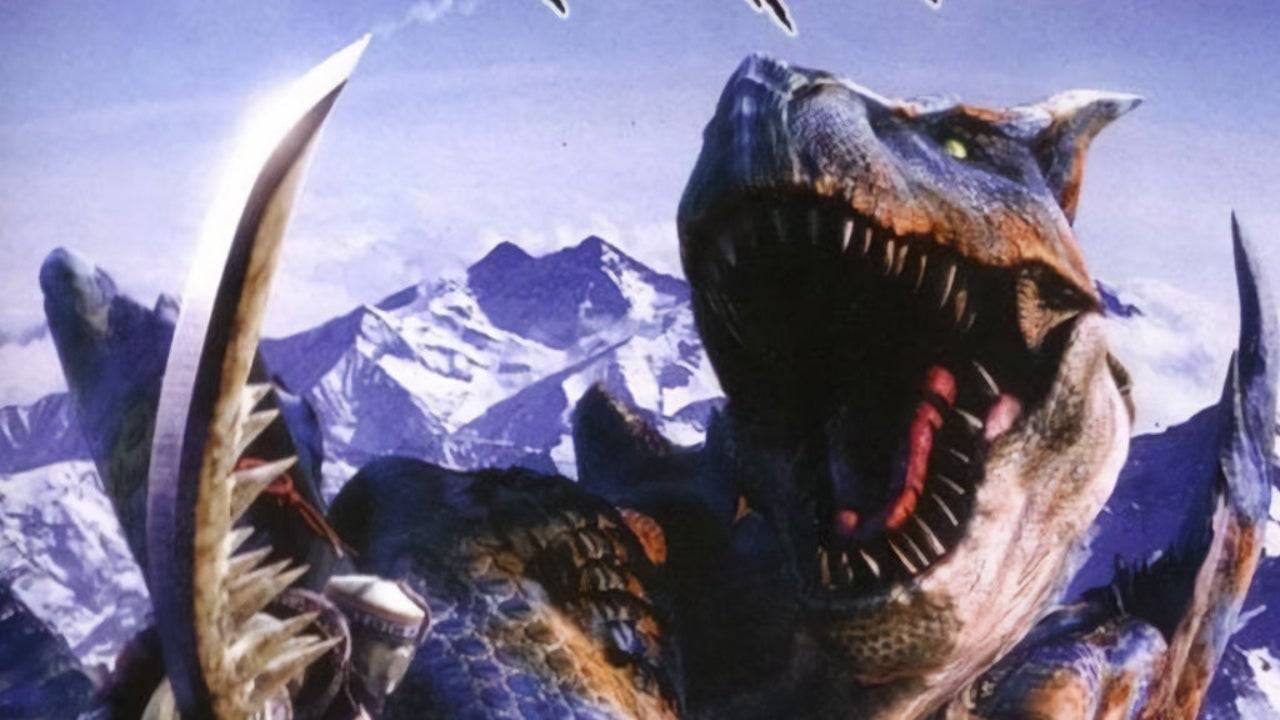
Monster Hunter Freedom 2 brought the essence of Monster Hunter 2 to the PSP, expanding the series' reach with a focus on single-player content. The game was further enhanced in 2008's Monster Hunter Freedom Unite, introducing new monsters, missions, and the ability to have a Felyne companion in battle.
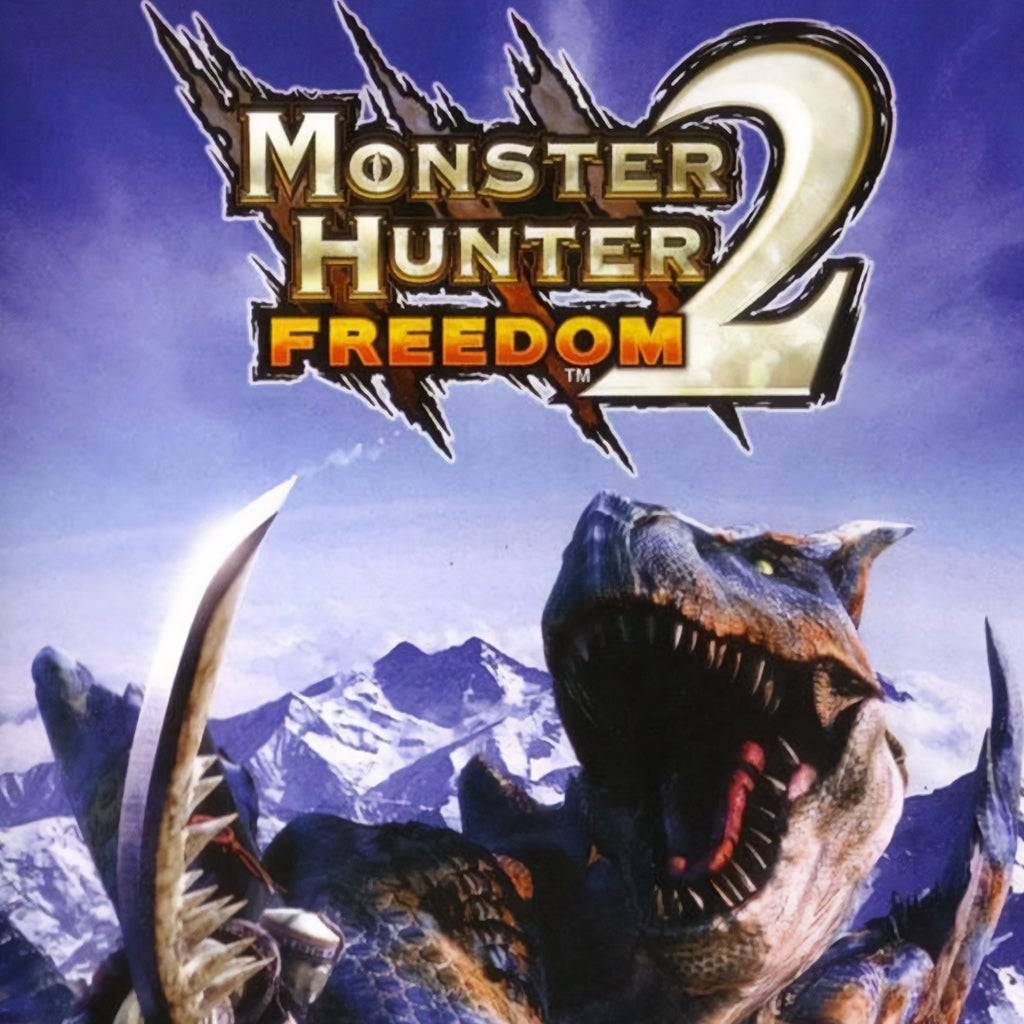
Monster Hunter Freedom 2
Capcom Production Studio 1

